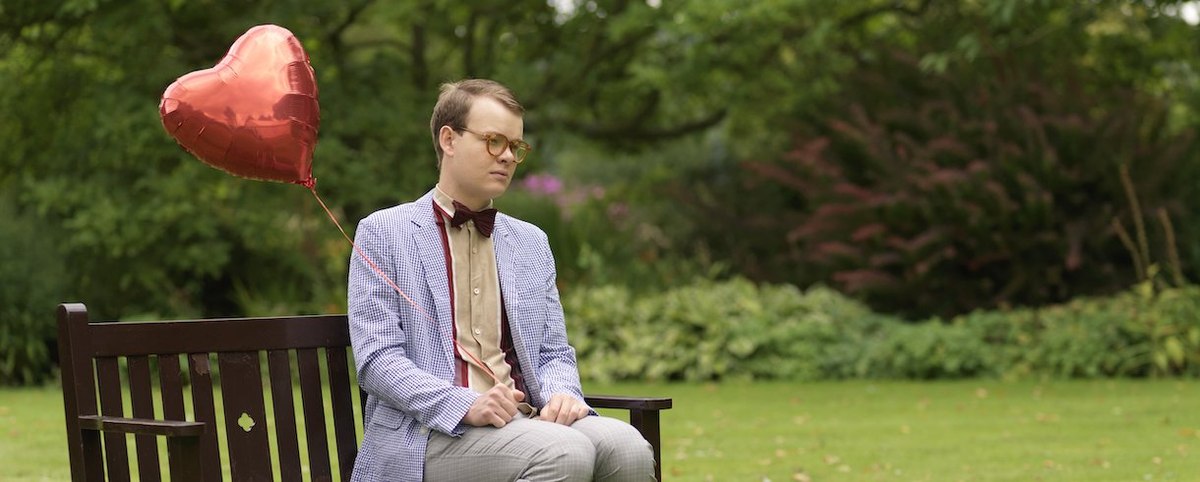What do Americans have planned for Valentine's Day, and who do they intend to celebrate with? A recent YouGov survey asked these and other questions about the upcoming holiday to 1,000 U.S. adult citizens. The results show that while most Americans don't enjoy Valentine's Day more than an average day, at least one in three plan to celebrate it this year. Though the largest share of those who intend to celebrate say they'll do so with a romantic partner, most people believe the holiday is intended for platonic as well as romantic relationships. That includes schools: More than three in four Americans recall handing out Valentines in primary school, and a similar share approve of the practice.
Fewer than half of Americans — 38% — say they plan to celebrate Valentine's Day this year. People who are under 45 (47%) or in a relationship (53%) are more likely to say they intend to celebrate. There is also a connection between Valentine's Day plans and how romantic a person considers themselves to be: People who describe themselves as very or somewhat (46%) romantic are more likely to plan to celebrate the holiday than those who say they are not very or not at all romantic (22%).
However, few Americans believe that Valentine's Day should be defined solely by romance: 60% say it is a holiday for both romantic and platonic relationships, rather than just romantic ones (27%). Women (67%) are more likely than men (52%) to think the holiday includes platonic relationships.
Among Americans who plan to celebrate Valentine's Day, 82% say they will do so with a romantic partner. Fewer say they will spend the holiday with family members (27%) or friends (14%). (Respondents could select more than one person or group of people with whom they would be celebrating.) Just 3% of those celebrating say they will do so alone.
As for how Americans plan to celebrate Valentine's Day, 24% say they will dine out at a restaurant, while 19% plan to share a meal at home. Around one in four – 27% – say they'll give or receive a gift, and 20% a card. One in five (19%) say they'll have sex. People in relationships are more likely to engage in these celebratory activities: 34% say they will dine out, 25% will share a meal at home, 37% will exchange gifts, 28% will exchange cards, and 30% will have sex. (A celebrant's Valentine's plans could include more than one of these ingredients.)
For many people, Valentine's Day isn't a particularly good or bad day. Most Americans say they enjoy it about as much as an average day (53%); 22% enjoy it less than other days, and just 17% more than other days. Younger people, people in relationships, and self-described romantics are more likely than others to find the holiday particularly enjoyable, though even among these groups more describe it as an average day than as an above-average one. 28% of singles like Valentine's less than an average day while just 6% like it more.
The survey also asked Americans to reflect on their experiences with Valentine's Day growing up. The vast majority of adults (84%) say that when they were in elementary or middle school, students regularly distributed cards, treats, or flowers for Valentine's Day. While slightly fewer adults under 30 say their school celebrated (70%), we find evidence that the practice remains widespread today: 72% of parents of elementary- and middle-school students say Valentine's Day is celebrated at their child's school.
While there is some debate over whether and how the holiday should be celebrated in schools, 73% of people believe it is appropriate for students to distribute cards, treats, or flowers; just 11% say it is inappropriate.
Related:
- What Americans think about Valentine's Day
- Valentine’s Day 2022: What men and women really want as gifts
- Valentine’s Day ranks behind just about every major holiday among Americans
- Most Americans don’t think Valentine’s Day is a "real” holiday
- Half of women say they have been disappointed by a partner on Valentine's Day
- Here’s how many Americans have broken up on Valentine’s Day
- Are single people discriminated against? Many say yes
- What are Americans’ love languages?
— Carl Bialik contributed to this article
See the results for this YouGov poll
Methodology: This poll was conducted online on January 26 - 29, 2024 among 1,000 U.S. adult citizens. Respondents were selected from YouGov’s opt-in panel using sample matching. A random sample (stratified by gender, age, race, education, geographic region, and voter registration) was selected from the 2019 American Community Survey. The sample was weighted according to gender, age, race, education, 2020 election turnout and presidential vote, baseline party identification, and current voter registration status. Demographic weighting targets come from the 2019 American Community Survey. Baseline party identification is the respondent’s most recent answer given prior to November 1, 2022, and is weighted to the estimated distribution at that time (33% Democratic, 31% Republican). The margin of error for the overall sample is approximately 4%.
Image: Getty (isitsharp)












